Gloria Gaynor can still recall the exact moment she experienced the power of her voice. She was 12 years old, standing in the hallway of the apartment building where her friend lived, waiting for her to come out to play, when a neighbor heard her singing. “Very distinctly, something happened to me,” Gaynor tells American Songwriter. “She looked over the banister and she said, ‘Gloria, was that you singing?’ I said, ‘Yes, ma’am.’ She said, ‘Oh my goodness, I thought that was the radio,’” the music legend says of the pivotal moment when she was singing “Why Do Fools Fall in Love” by Frankie Lymon & The Teenagers. “We were the same age, so I thought, ‘If he can do it, I can do it, too.’”
Videos by American Songwriter
Joking that she first felt a connection to music “in the womb,” Gaynor shares that “there was always music” playing in her Newark, New Jersey home, with a mix of jazz, gospel, and R&B that she listened to growing up, citing Nat King Cole, Frank Sinatra, and Ella Fitzgerald as some of the artists she was influenced by at an early age. In addition to her passion for music, the future hitmaker wrote her first song as a devastated 16-year-old after her boyfriend moved to Chicago. “Songwriting came from my heart being broken,” she says of the song that featured such somber lyrics as I don’t know what’s wrong with me / I couldn’t seem to care / I just could not accept the love they offered me to share / Because I’m still yours(the song “I’m Still Yours” appears on her 1975 album Experience Gloria Gaynor). But she predicted her destiny when she wrote in her high school yearbook that she wanted to be a teacher or a singer. It wasn’t until she graduated that she realized she couldn’t afford to go to college to be a teacher, setting the stage for her path as a singer to unfold.

That path led her to clubs around New Jersey where her brother (three years her junior) would pretend to be her manager and pitch her to the club owners, booking gigs all over the city. It only took a few months before she caught the attention of an agent who started booking her in more clubs. Equipped with only sheet music, a slew of popular R&B and pop hits, and her dynamic voice, those gigs were formative for the world stages she would later find herself performing on. “I had to learn poise,” she says of how her club days prepared her for superstardom. “You had to learn how to get people’s attention and hold it, and how to move in front of the audience so that you could be the center attraction. If you didn’t learn how to move and how to interact with the audience, you might as well be elevator music. It was really good proving ground for me and taught me a lot.”
The powerhouse vocalist earned her big break with her 1974 cover of “Never Can Say Goodbye,” which became a Top 10 hit on the Billboard Hot 100 chart and was the title track of her 1975 debut album. Gaynor notes that her disco arrangement of the track had “great success” in the New York clubs. “That’s when I really began to feel like I was an established singer,” she says of the song’s popularity. “Never Can Say Goodbye” set the stage for another hit that defines her career. In 1978, Gaynor took the music world by storm with “I Will Survive,” a universal anthem for overcoming adversity. The song came into Gaynor’s life as an act of fate. The singer experienced a terrible accident when she fell backwards over a stage monitor during a show, suffering an injury to her spine that required surgery and kept her in the hospital for three months. During that time, her record contract was about to expire, and the label wasn’t planning to renew it since it was unclear when Gaynor would be able to return to the studio. Polydor Records had gotten a new president from England who was a fan of Gaynor’s and wanted to keep her on the roster, and requested that she record “Substitute.” When she asked what would be on the B-side, producers Freddie Perren and Dino Fekaris inquired about what kind of songs she’s drawn to. “I like songs that are meaningful, have great lyrics, and touch people’s hearts,” she told them. “They came back and said, ‘We think you’re the one we’ve been waiting for to record this song we wrote two years ago.’”
[RELATED: Disco Icon Gloria Gaynor Releases Response to “I Will Survive” Over Four Decades Later]
That song turned out to be “I Will Survive,” and Gaynor connected immediately with the empowering lyrics. ‘Before I ever heard the melody, I read the lyrics, and I’m like, ‘This is a hit song,’” she says of her initial reaction. “When I first heard it, I was uplifted, encouraged, and empowered. I’m standing here relating my back surgery to these lyrics, hoping I’ll survive that. The fact that my mother passed away a few years ago, something I never thought I’d survive, all different things in my life I’m relating to it. Everybody’s going to do that. When people hear this song, it’s going to uplift and inspire and encourage them.” Gaynor’s prediction was right. After “I Will Survive” was released as a B-side, Gaynor took matters into her own hands and brought the song to the famous New York City nightclub Studio 54, where the song got a rave response. “The audience immediately responded to it. They crowded the dance floor from the first note,” she says of the rave response. “I’m like, OK, this is it.’ And the rest is history.” Soon, “I Will Survive” was requested repeatedly on the radio, sending the disco smash up the charts around the world, including No. 1 on the Hot 100.
While Gaynor’s career was taking off, she was also dealing with darkness off stage, becoming lost in the party scene and surrounded by many people who were doing drugs. By 1979, she had entered what would become a toxic marriage with her then-manager Linwood Simon (the couple divorced in 2005). The hitmaker admits that she had lost touch with her faith along the way. In her 2024 documentary, Gloria Gaynor: I Will Survive, she recalls a harrowing moment when she felt a metaphorical fist grabbing at her chest and saying, “That’s enough.” “I feel like [God] was saying to whatever evil, nasty forces were around and hoping to drag me into that mess, ‘No, this one is mine,’” she describes of the humbling moment. When she returned home days later, she pulled out her Bible. “I was angry. I slammed my hand on top of the Bible and I said, ‘showdown,’” she says. “I don’t want to hear this from the lady upstairs or the man down the hall, a priest, a preacher, or a rabbi. If you can talk to them, you can talk to me. I’m here listening, talk. Very quietly inside, I heard, ‘Open the book.’” When Gaynor stood the book upright and let it fall open, the page turned to a list of prophecies while the other side showed the prophecies fulfilled. “I won’t forget that moment,” she says humbly. “Then I started walking the right path.” That pivotal threshold between her past and present not only shaped Gaynor as a person, but as an artist. She became “very meticulous” about the lyrics in her songs, ensuring they embraced the qualities of “uplifting,” “empowering,” “encouraging,” and “joyful.”

These words capture the spirit of her new EP, Happy Tears, released in June 2025. Across five tracks, the iconic singer explores themes of unwavering strength on the aptly titled “Invincible” while celebrating independence on “Fida Known.”
“People nowadays are so guarded, and they don’t want to show their emotions. It isn’t emotionally healthy, and we are not as cognizant of our emotional health as we need to be,” Gaynor says of the EP’s spirit, describing “happy tears” as the ones you cry at a wedding, the birth of a baby, or receiving a meaningful gift from a loved one. “I wanted to have the album with songs that are going to be not just uplifting and inspiring, but bring people joy and allow them to get out of themselves and be who they are and share themselves without fear.”
She cites “Fida Known,” the jovial opening track, as the most personal song on the EP, as it speaks to her former marriage to Linwood and features lyrics like, Fida known that you never would’ve loved me forever / I’d of found someone better who could hold me tight / Fida known you were blind / Couldn’t see I was shining / I would’ve saved all the time and all the wasted nights, while “Invincible” finds her on the other side of that heartbreak. “I relate to that song because sometimes you face situations that seek to make you feel weak, incompetent,” she says. “‘Invincible’ is a song that I’m hoping will empower people to the point where they feel like, ‘Nothing can stop me because this is something I’m setting out to do. I’m setting my course. I’m staying on the course and I’m going to arrive where I want to arrive, and between now and then, I am invincible.’”
Looking back on her illustrious career, the 81-year-old (who does CrossFit three times a week) says that Happy Tears reflects her growth, revealing that one of the messages on the EP that she has the confidence to share now is showing forgiveness to those who have caused her pain. “I don’t have to wish you ill will because you’ve caused me ill will. I want you to prosper, and hopefully you will not repeat the mistakes that you made with me,” she reflects on one of the EP’s lessons. “I believe that it not only shows my growth, but it engenders growth and emotional and spiritual prosperity in people who hear it and purpose to live the lyrics,” she proclaims of Happy Tears. “I hope that [fans] are encouraged, uplifted, empowered by it and that they see themselves in those lyrics and see themselves triumphing over whatever obstacles lie in their path.”
So what is keeping the music legend, who had a headlining performance at the 2024 Rock in Rio Festival in front of a crowd of 150,000 people, happy these days? “The people keep me going,” she shares. “I just love seeing them happy.” Alongside genuine happiness, the greatest gift Gaynor offers through Happy Tears is pure love. “We tried to fill this album with love: love for yourself, love for your family, love for your friends, love for your coworkers, love for your neighbors,” she says. “It’s all about love.”



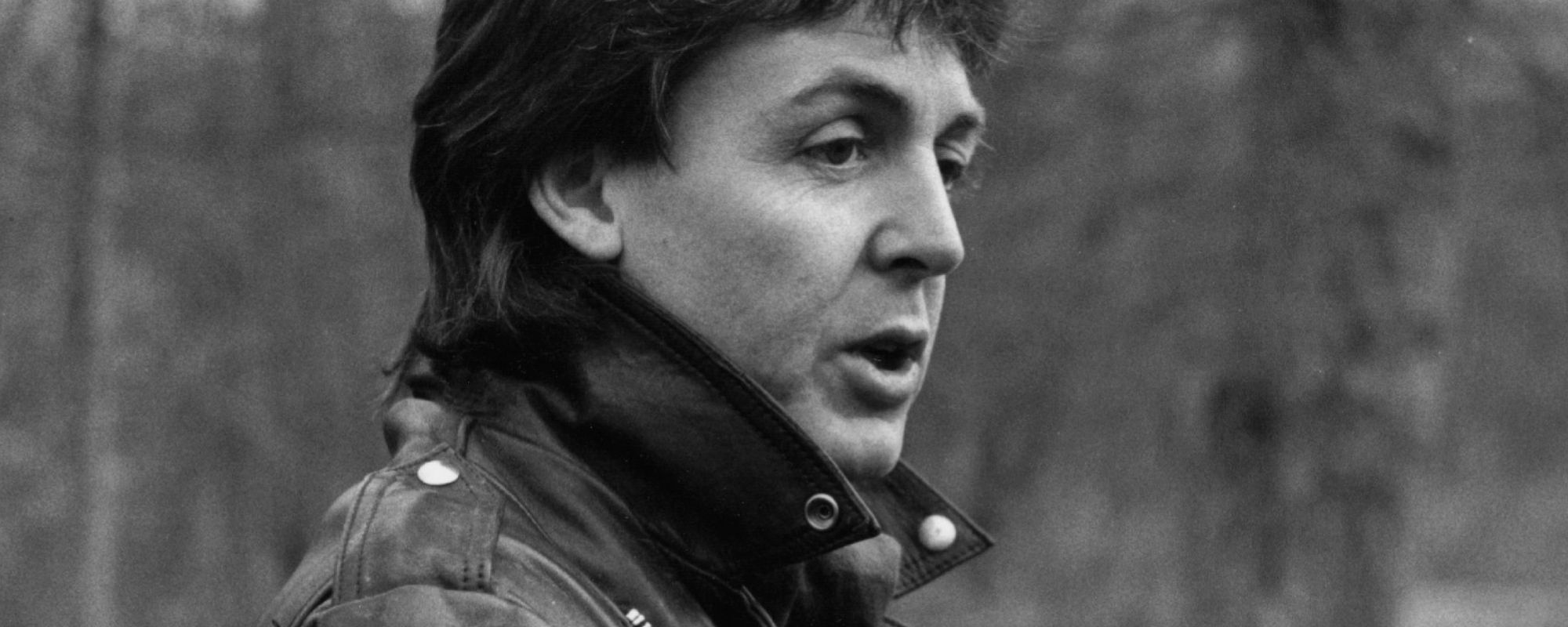

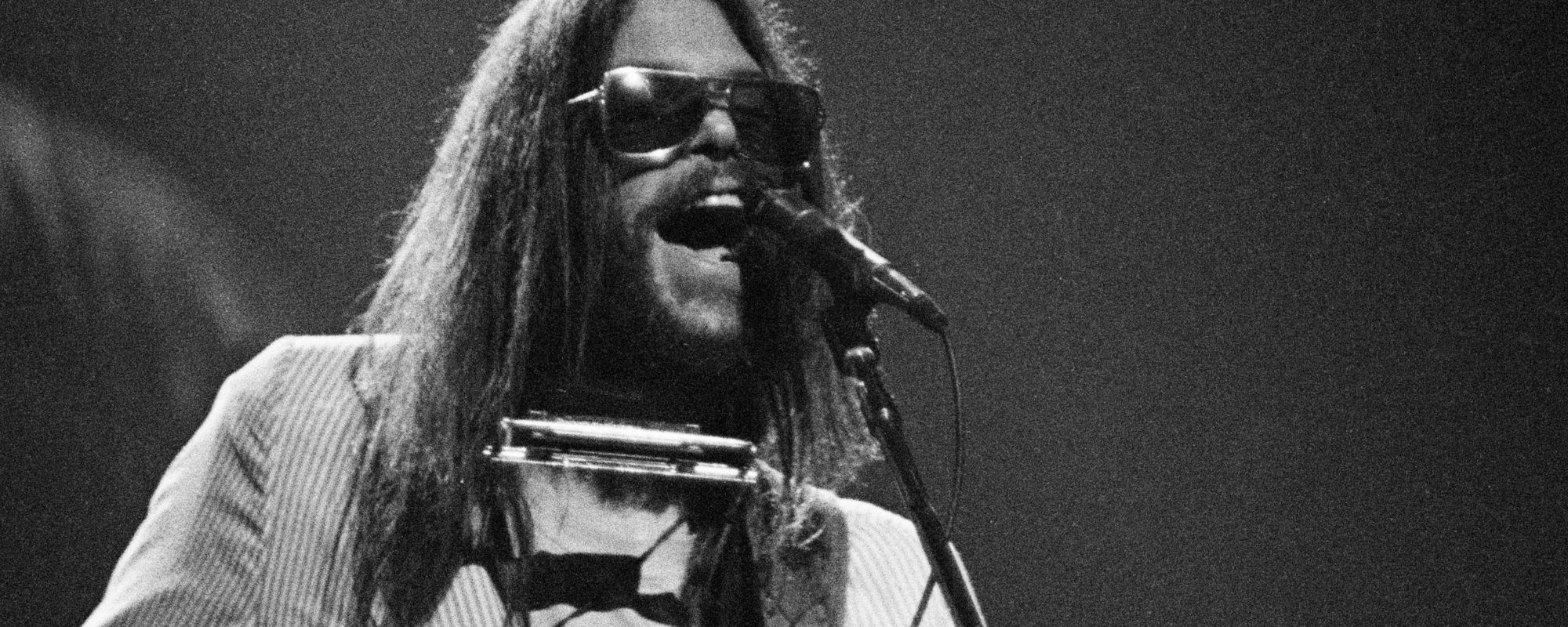

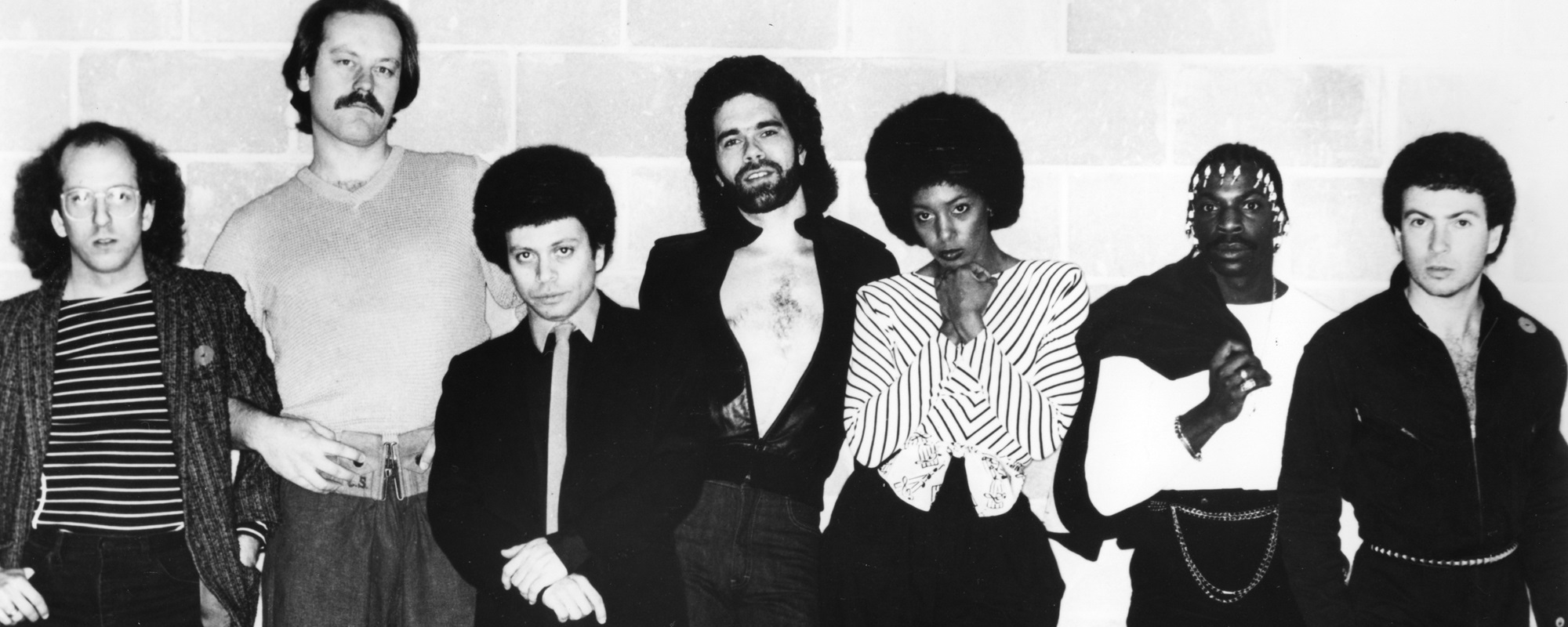
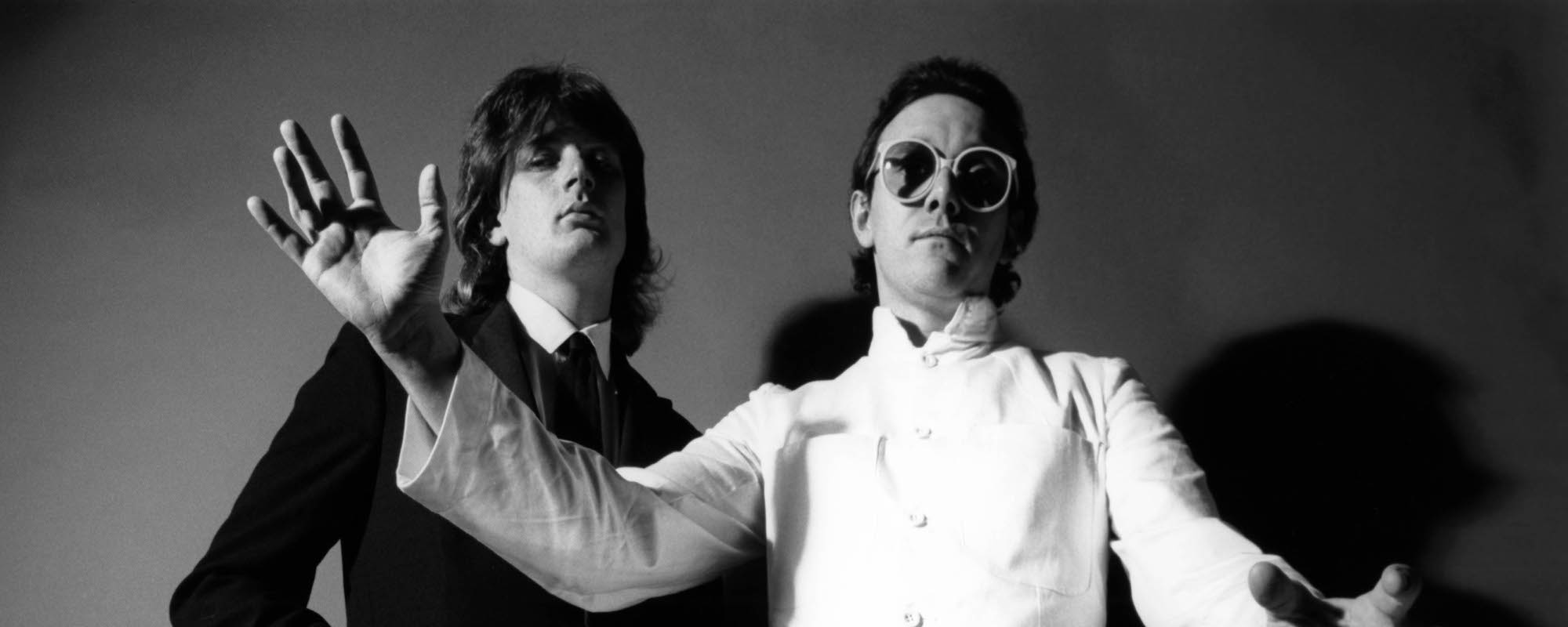
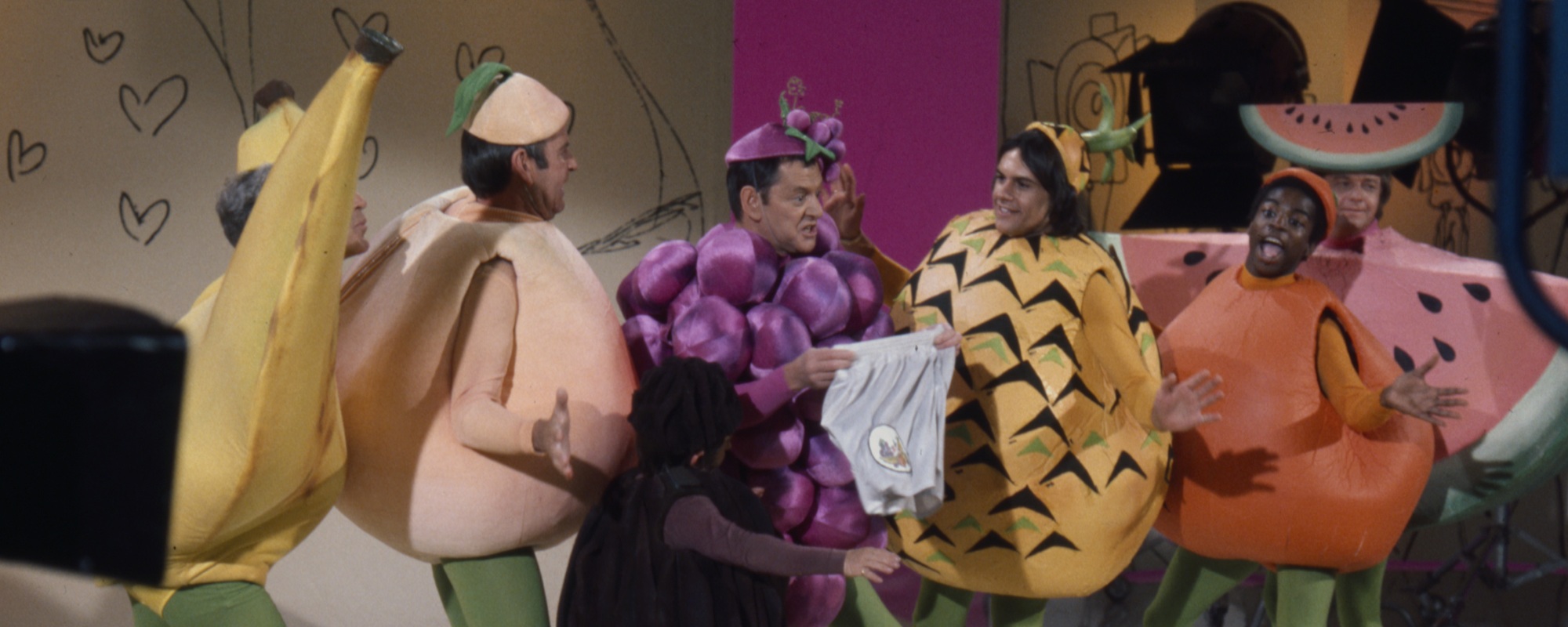
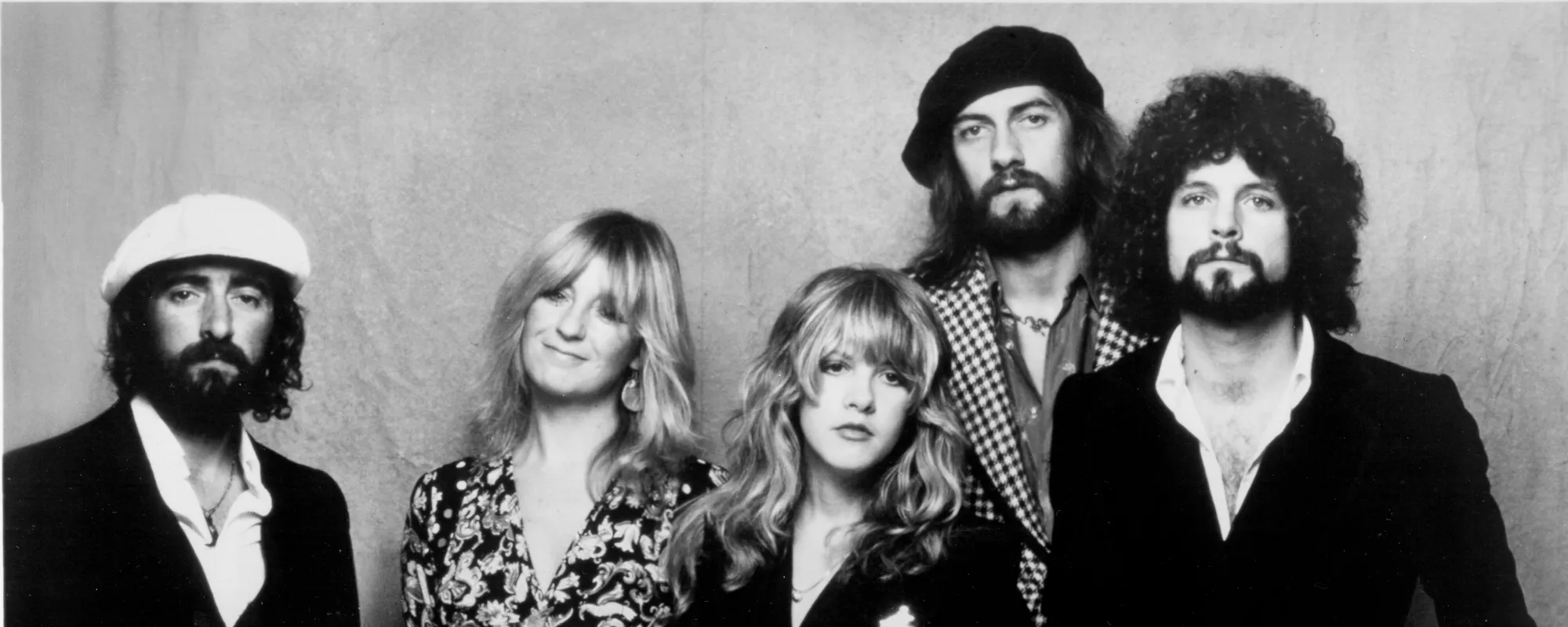


Leave a Reply
Only members can comment. Become a member. Already a member? Log in.